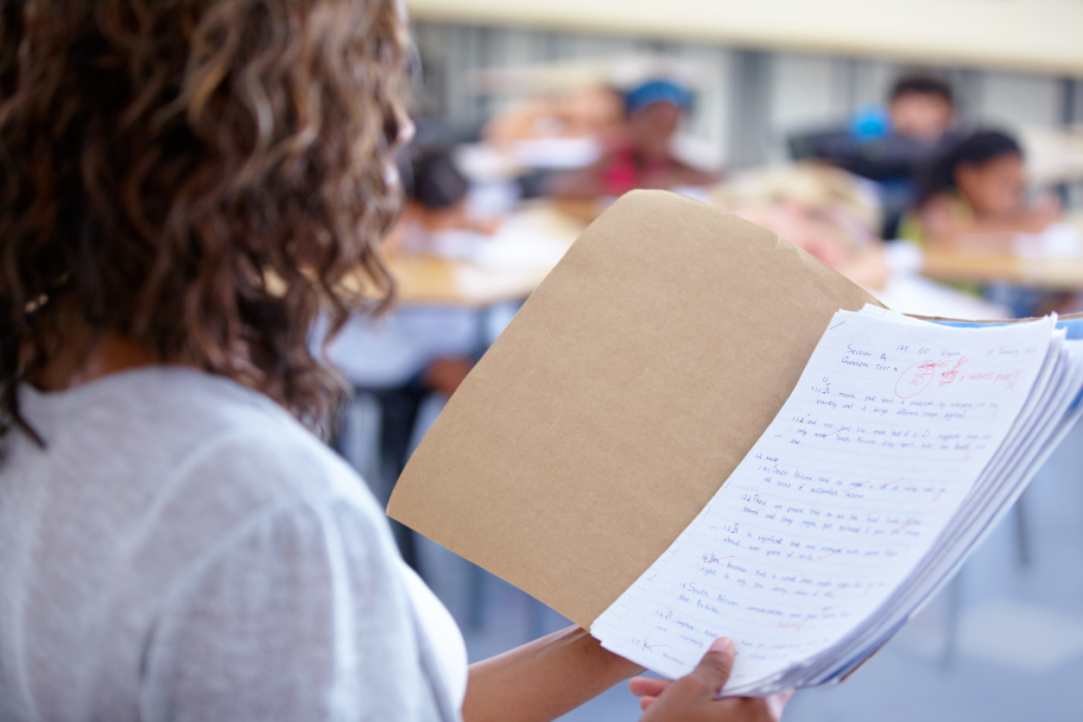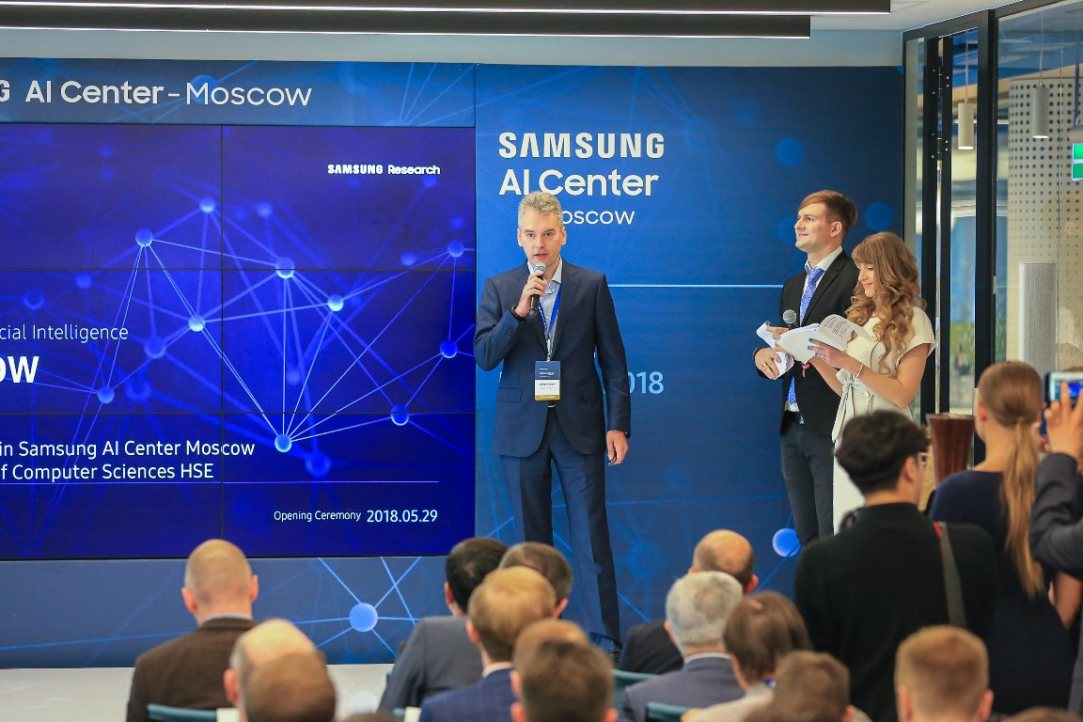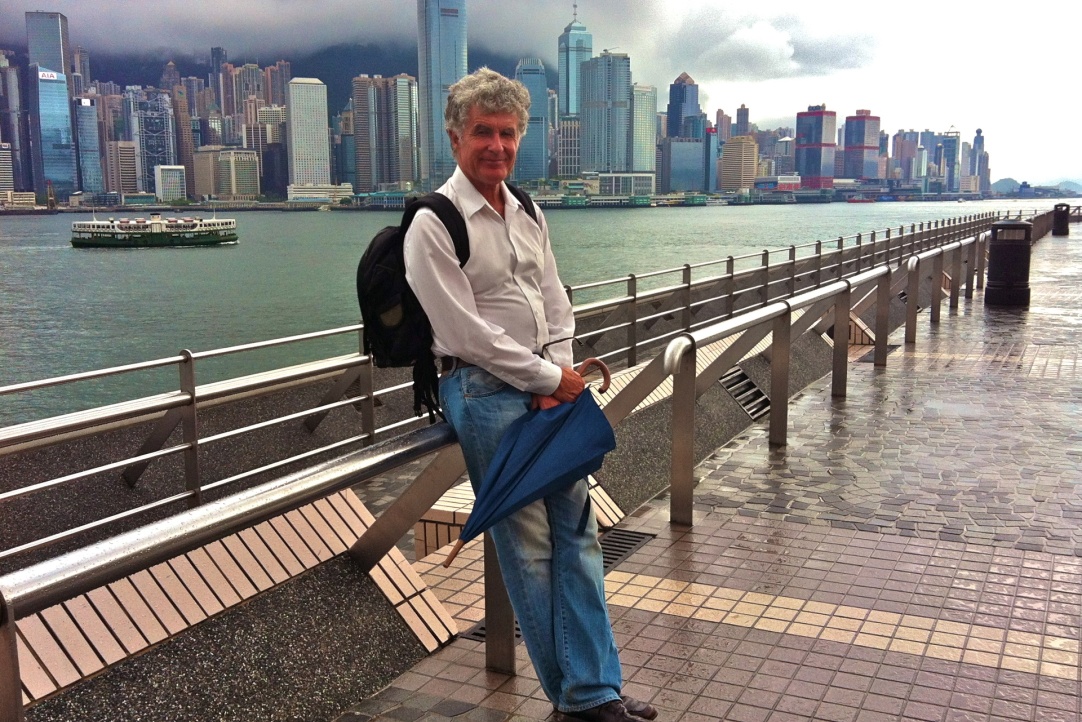HSE Becomes LHCb Associate Member at CERN
The Higher School of Economics has joined the LHCb collaboration at the Large Hadron Collider, which is operated by the European Organization for Nuclear Research. The group from HSE will consist of researchers from the Laboratory of Methods for Big Data Analysis (LAMBDA). This will give HSE researchers full access to data from the collaboration and allow the university to participate in various projects.
Legislative Aspects of Global Economic Development Discussed at International Forum
On June 4-5, the Development of Parliamentarism International Forum was held in Moscow. HSE experts took part in the forum organization, with several research departments from the university providing programming support for the event.
Nine New Research Labs to Appear at HSE
On June 1, the HSE Academic Council approved a list of new research laboratories at the University. Their respective research agendas cover various fields, from transcendent philosophy and international law to bioinformatics and visual perception and attention modeling. On June 5, all of the laboratories commenced their activities at five HSE faculties.
Building a Career Dedicated to Foresight and STI Policy Research
Following years of study and work in South America and Europe, Rafael Popper joined HSE Moscow as Professor of Foresight and STI Governance in January 2018. In addition to his job at HSE, he is Principal Scientist in Business, Innovation and Foresight at a world leading research and technology organization (RTO) called VTT Technical Research Centre of Finland. With a PhD on 21st Century Foresight from the University of Manchester, Popper has built a career on wide-ranging research of issues in foresight and STI policy. In a recent interview with the HSE News Service, he spoke in depth about his research interests, philosophy on teaching, collaboration across HSE and his love of languages, among other topics.
Springer Nature, HSE and Skoltech to Publish Book Series in Mathematics
Moscow Lectures, a new series of books in English, is set to be published by Springer Nature. The series is issued jointly by HSE and Skoltech, and its Editor-in-Chief is Alexey Gorodentsev, Professor at the HSE Faculty of Mathematics. Twelve volumes are currently in preparation and the first volume will be published at the beginning of June 2018. The series builds on the outstanding research and education in the field of mathematics in Moscow. It is aimed at graduate and undergraduate students, as well as lecturers and researchers, across the globe.

Hard yet Profitable: What Teachers Think about the Performance-based Contracts
Researchers from the HSE Institute of Education surveyed teachers in vocational secondary schools in the Moscow Region, and compared the new advantages and disadvantages brought by the new conditions in their lives.

HSE Professor to Head Up Machine Learning Research at Samsung Centre for Artificial Intelligence
On May 29, Samsung opened its new Artificial Intelligence Centre in Moscow. Dmitry Vetrov, Professor of the HSE Faculty of Computer Science, will become one of its leaders and oversee research in machine learning.

Exploring Fake News and Propaganda in Today’s World
This month, Dr. Oliver Boyd-Barrett, Professor Emeritus at Bowling Green State University in Ohio and California State Polytechnic University, Pomona, delivered at open lecture at HSE Moscow entitled ‘Fake News and Propaganda’. An expert in international media, war and propaganda, and media political economy, Dr. Boyd-Barrett is the author of a number of books, including ‘Western Mainstream Media and the Ukraine Crisis: A Study in Conflict Propaganda’ (2016) and ‘Media Imperialism’ (2014). Following his lecture, he spoke with the HSE News Service about the topic of fake news more broadly and about how people can protect themselves from it.
Infantilism as a Norm
Views on human age need to be revisited. The value of adulthood as a period of certainty has declined for many, which means that this period is being delayed. The processes of personality development vary, and adults are preserving signs of infantilism.

'HSE is Now Russia’s Largest Centre for Empirical Research'
Leonid Gokhberg, HSE First Vice Rector, Director of the Institute for Statistical Studies and Economics of Knowledge, spoke on his first steps in academia, working with foreign researchers, on foresight research as well as shared his thoughts on HSE research development.

